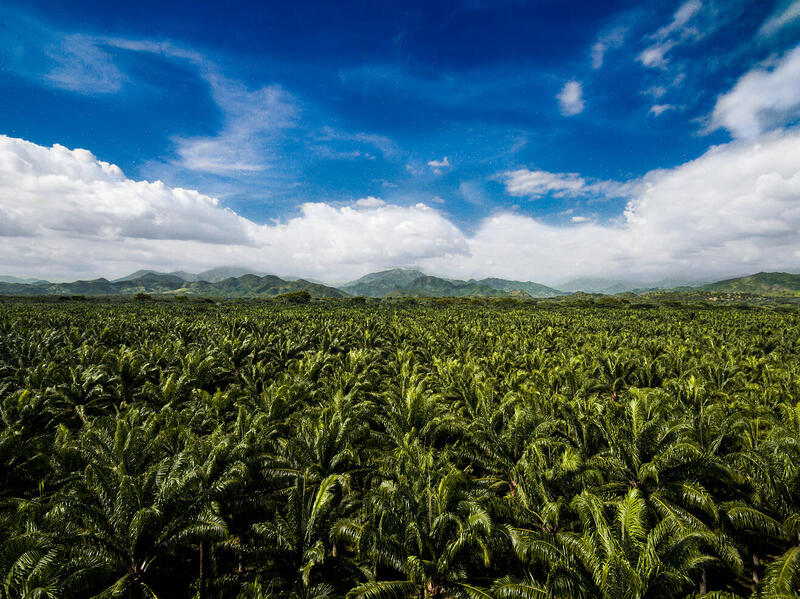Daabon introduces the world’s first carbon-neutral palm oil

Daabon UK, part of the Daabon group, a global leader in sustainable agriculture, has launched the world’s first carbon-neutral organic palm oil.
While many palm oil companies worldwide are focused on trying to meet the requirements of the European Union Deforestation Regulation (EUDR), Daabon is not only ready for this regulation but is preparing for the future, with its carbon neutral palm oil.
Daabon’s carbon-neutral organic palm oil has a life cycle assessment (LCA) calculated CO2eq of -977kg per tonne, cradle to gate, making it ideal for palm oil users who are serious about sustainability and cutting their Scope 3 carbon emissions. The carbon footprint of Daabon’s organic palm oil compares extremely favourably to industry averages, including for certified sustainable palm oil.
The carbon-neutral organic palm oil comes from Daabon’s CI Tequendama SAS mill in northern Colombia. The LCA was conducted using Ecopalma’s carbon footprint estimation tool, harmonised with the ISO 14067 standard.
The full LCA can be found at https://www.daabon.com/en/sustainability_studies.
Globally, the average carbon footprint of conventional palm oil stands at +5,340kg CO2eq per tonne, with RSPO certified sustainable segregated palm oil averaging +3,410kg per tonne and best-in-class RSPO certified sustainable palm oil averaging +1,470kg per tonne. The average across Daabon’s two mills is +150kg per tonne.
The palm oil industry is making significant strides in sustainability, driven by voluntary certification schemes like the Roundtable on Sustainable Palm Oil (RSPO) and new legislation like the upcoming European Union Deforestation Regulation (EUDR).
Introducing the first carbon-neutral palm oil represents another huge step forward, as Manuel Davila, MD of Daabon UK and EU, notes when he says tackling the carbon footprint is the natural next step in making palm oil truly sustainable.
“We’re delighted to have achieved this milestone,” he says. “We genuinely believe that Daabon carbon-neutral palm oil sets the gold standard for sustainability worldwide.
“Our next step is to replicate this at our other refinery, with the eventual goal of making all the palm oil we offer become carbon-negative and climate-positive. Of course, there is still some way to go to cut the emissions associated with onward transport and global shipping – but it’s a fantastic start that will help our customers to cut their Scope 3 emissions and drive significant sustainability improvements.”
Daabon is firmly committed to sustainability, providing fully traceable to the farm, organic, certified sustainable and EUDR-compliant palm oil. The company holds a series of sustainability accreditations, including RSPO, Fair Trade, Regenerative Organic Certification, Organic Certification, and Non-GMO Project.
Daabon carbon-neutral palm oil is available now.
Related content
Source: foodanddrinktechnology.com

